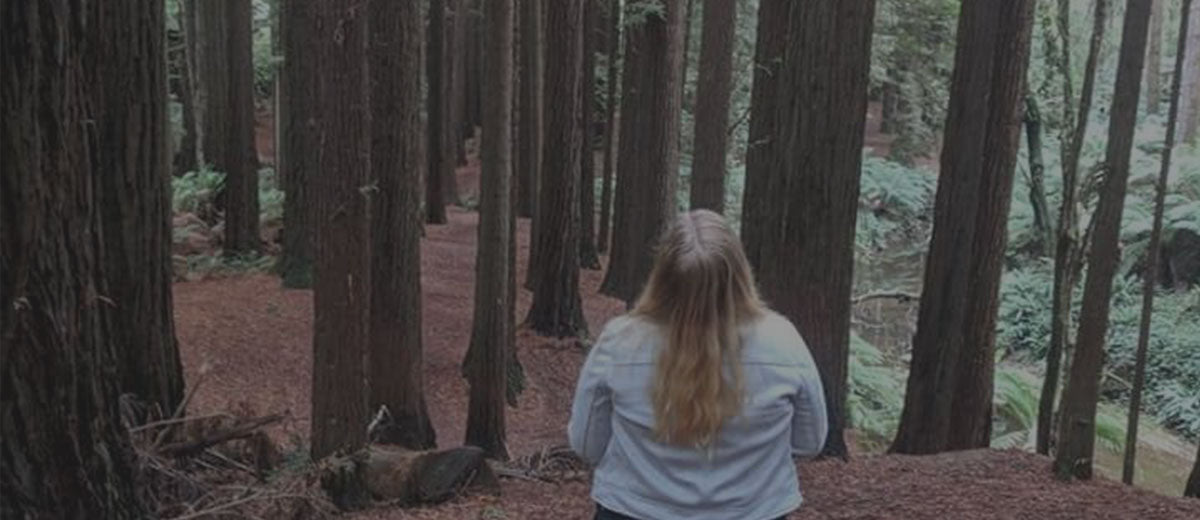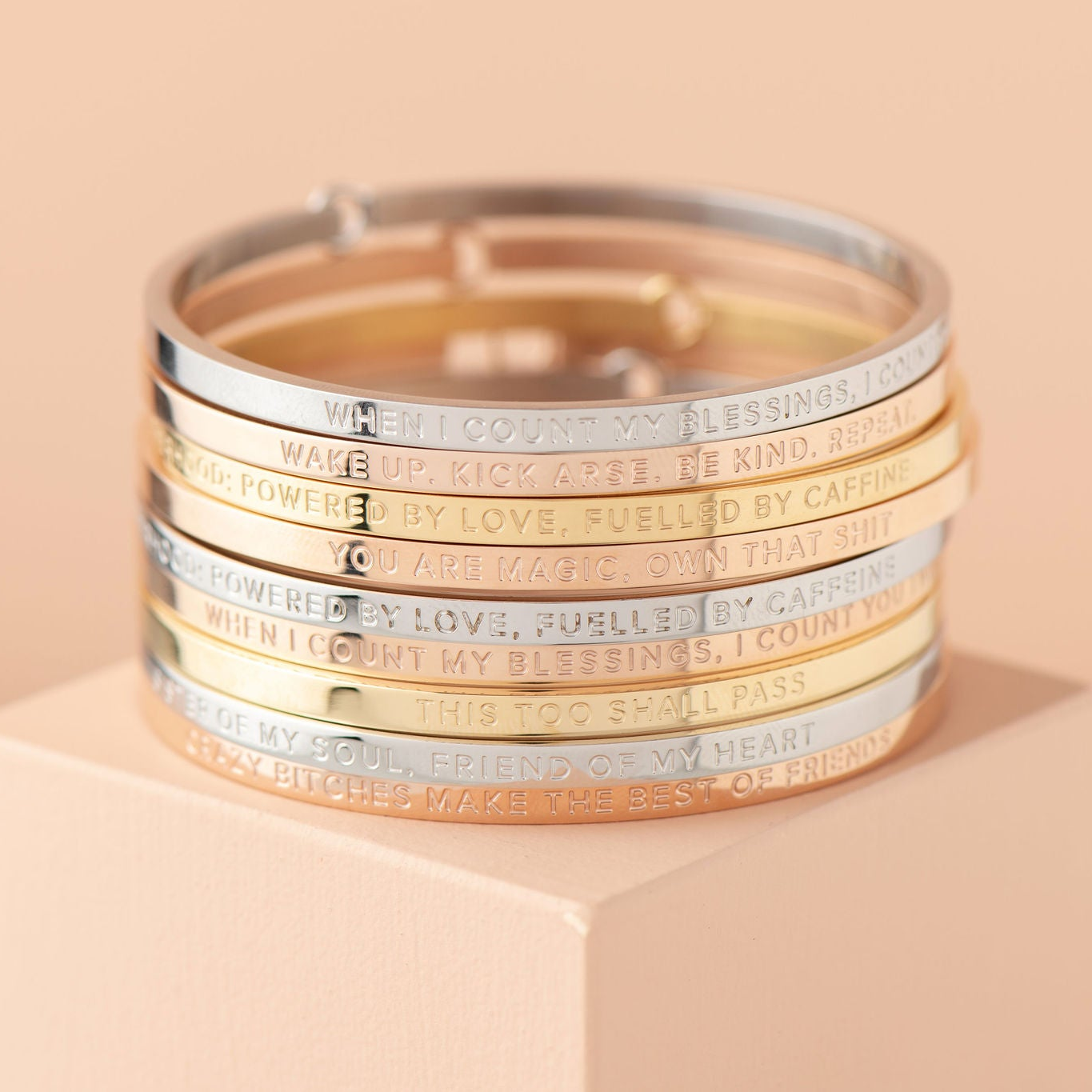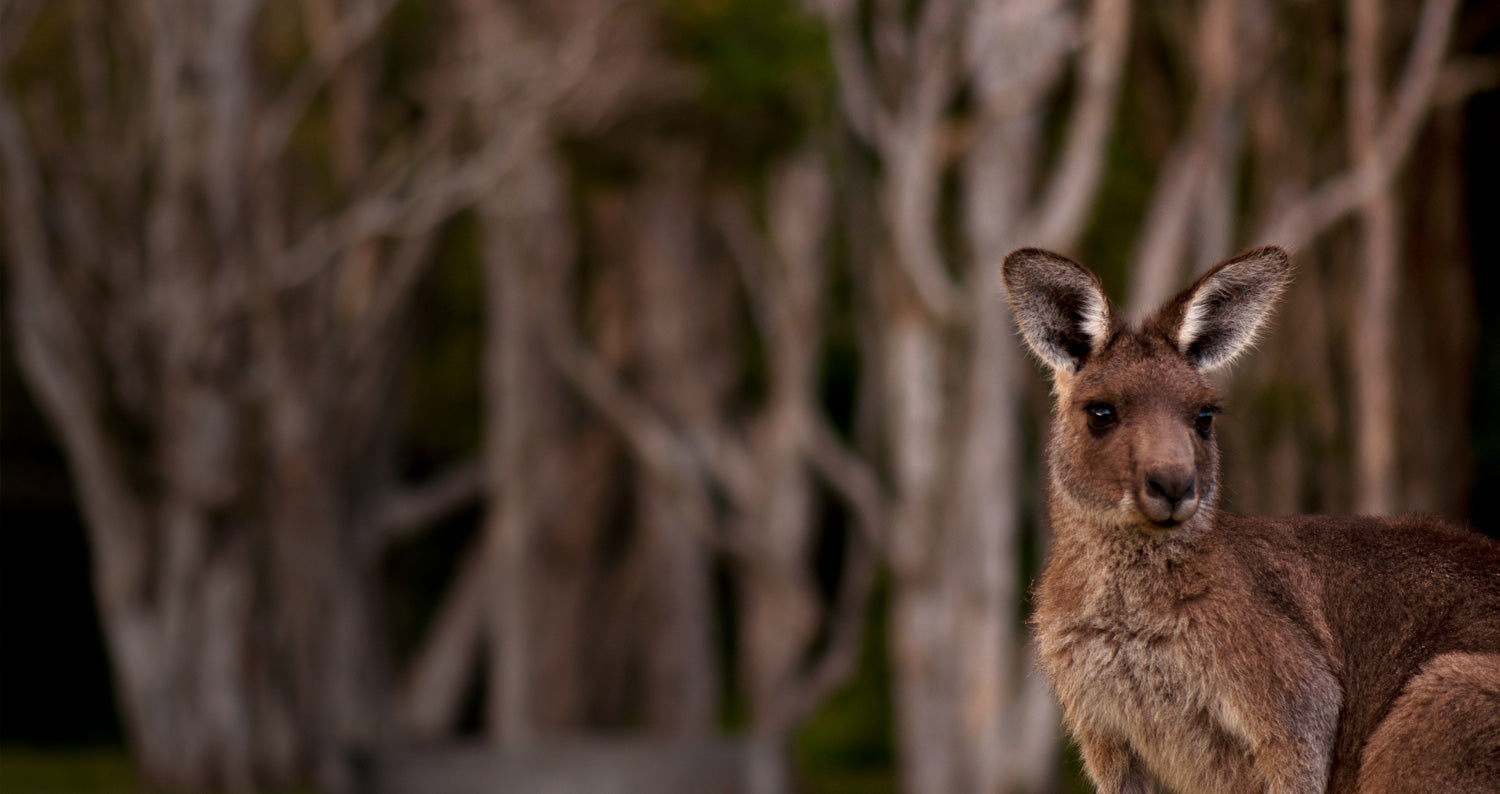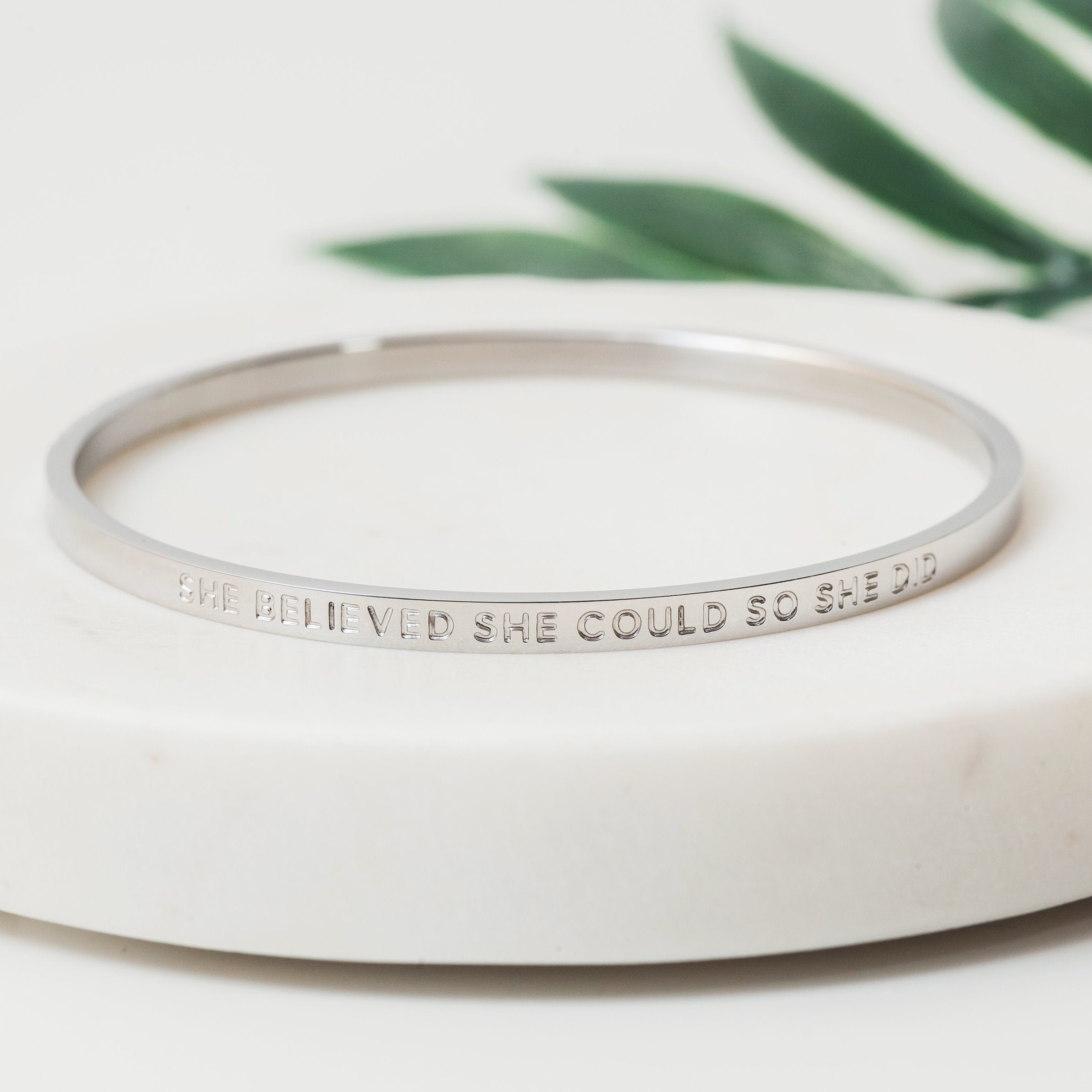
How To Manage Health Anxiety In A Pandemic - Four of my Coping Strategies

C/W: Mentions of panic attacks, anxiety and triggers.
It has been officially 6 months since I last googled my ‘symptoms.’
For most people, this wouldn’t mean much. But for me it’s everything.
I don’t remember a time in my life where I wasn’t hyper-conscious of my body, and the idea of mortality. I remember as a young girl going to my mum asking questions about death and illness constantly. Questions which had answers that my mum probably wasn’t prepared to tell a 10 year-old. But, there I was, asking them. Often late at night, when I was meant to be in bed, as I worked myself up in such a frenzy of worry that I couldn’t sleep.
As I grew older, the questions stopped, but the feelings were always there, under the surface of everything else. Sure, I was fine enough to get through life, study, and work. But avoidance also became my best friend.
Questions transformed into suffering in silence, although at the time I didn’t know it was suffering - I thought it was completely normal to have these thoughts and obsessions about your health - and working myself up into a frenzy of anxiety constantly. I was scanning my body daily, and googling then fretting about any symptom I’d found myself having. And then, possibly life-altering (and life-threatening) diagnosis at hand, I would convince myself that if I just ignored the symptom, it would eventually go away. A doctor’s visit was out of the question, I was terrified of having any diagnosis confirmed. I was happy to anxiously live in denial.
Ofcourse, I didn’t realise this was NOT normal, until this year. As COVID hit the shores of Australia, my anxiety escalated to a completely new level. Daily panic attacks, and just constant thoughts of being sick plagued my mind. I still thought it was just stress, that it would pass soon.
Once particularly horrible evening I desperately researched different types of anxiety (mainly to convince myself my symptoms were actually anxiety and not something worse) and I stumbled across a type of anxiety I have previously ignored; Hypochondria or Health Anxiety.
It all clicked. The symptoms, the obsessions, the panic about becoming sick. It was all there in clear writing - it all made sense. I knew I needed to get help or I was going to spend my life fighting this.
The road to recovery after this realisation is a long story, one I might share later. But after a few doctors visits I was armed with the tools needed to get myself feeling better, and these definitely helped me through the anxiety inducing Pandemic times we are (still!) living in now. So I’d thought I’d share them here for anyone else who might be struggling.
-
Medication
Trust me, medication was one of my big no nos. A history of (both pharmaceutical and recreational) drug abuse in my family had left a very negative association with any medication. But my anxiety got to the point where I couldn’t function in everyday life without a panic attack striking at any moment. Upon doctor's advice, I needed to try medication before I attempted any therapy. So that’s what I did. And without it, I don’t know how I would’ve survived the last 6-months. I went from convincing myself almost daily that I had COVID (a simple cough or sneeze would send me down that tricky road) to actively and happily enjoying life without a desire to google my symptoms or live in fear of getting ill. And now? I’m in the process of stopping the medication. The relief they gave me allowed me the space to develop coping mechanisms for my anxiety.
-
Don’t fight the panic
I know this sounds counterintuitive, but I started listening to a podcast called “Owning It: The Anxiety Podcast” that explains this probably better than I ever could but I’ll try here. When I used to start panicking, my first reflex was to fight it and struggle through it, but that usually makes the panic last longer because you aren’t giving your body the chance to work through it. Now, when anxiety or panic strikes me, I breathe, and think (or say), “okay, I’m feeling x and x and x right now”, giving a name to the feelings helped me rationalise the panic and it generally ended quicker than before.
-
Try and make friends with sleep
Sleep, for me, was the be all and end all for my anxiety. If I slept poorly (or not enough) the night before, my anxiety will always be worse. Partly due to lack of sleep just generally not being good for anxiety, but also because symptoms of being tired (headaches, difficulty concentrating) would trigger me into thinking something more was going on, and BANG, hello there health anxiety. I’ve always called myself a ‘night owl’ but that’s mainly due to most of my anxious over-thinking happening at night, so I had to make a commitment to change my sleeping patterns. So yes, now I have a strict bedtime that I adhere to (more often than not) and a sleepy herbal tea blend that gets me snoozing in no time, and I feel all the better for it.
-
Recognise that you are not alone.
Anxiety, and most mental health issues, can be pretty isolating. It’s always hard to explain to someone that your brain and you are not on friendly terms right now. I still struggle with this, on the way home from visiting my partner I cried, dreading going back to an empty house because I didn’t want to be alone with my own mind at that point. But you are never alone in your struggles, even when you think you are. And maybe you aren’t ready to talk to someone yet, I definitely wasn’t at first, but that was where listening and reading helped. I read books like First We Make The Beast Beautiful and podcasts like the one I mentioned above. Discovering that people, even ones I didn’t know personally, had similar struggles to me helped me feel less alone.
There are so many other ways to help your anxiety, but the four above definitely helped me. I’m not claiming I’m cured or don’t still have bad anxiety days (I definitely do!), but through the above I’ve learnt to cope much better, and that’s really all I need right now.
I know sometimes the hardest thing is actually DOING anything. For those struggling right now, please know that you are not alone. Any step is a good step, no matter how small, and you deserve to feel better, even if your anxiety tries to tell you otherwise.
PLEASE reach out to the following organisations if you need someone to talk to:
Lifeline
13 11 14
BeyondBlue
(03) 9810 6100
Monday to Friday, 9am-5pm (AEST)
HeadToHelp
1800 595 212
SANE Australia
1800 187 263
MindSpot
1800 61 44 34





Leave a comment
This site is protected by hCaptcha and the hCaptcha Privacy Policy and Terms of Service apply.